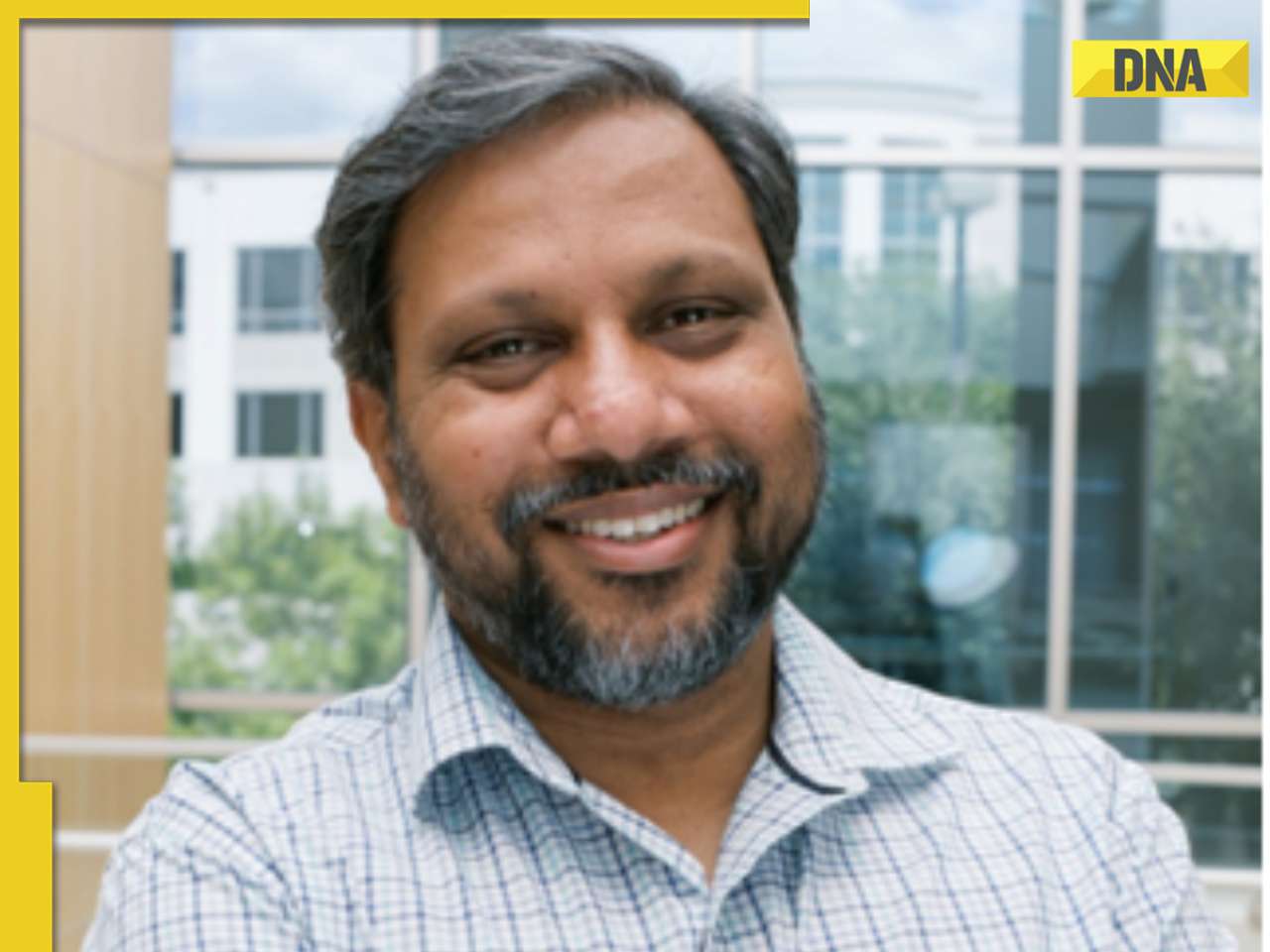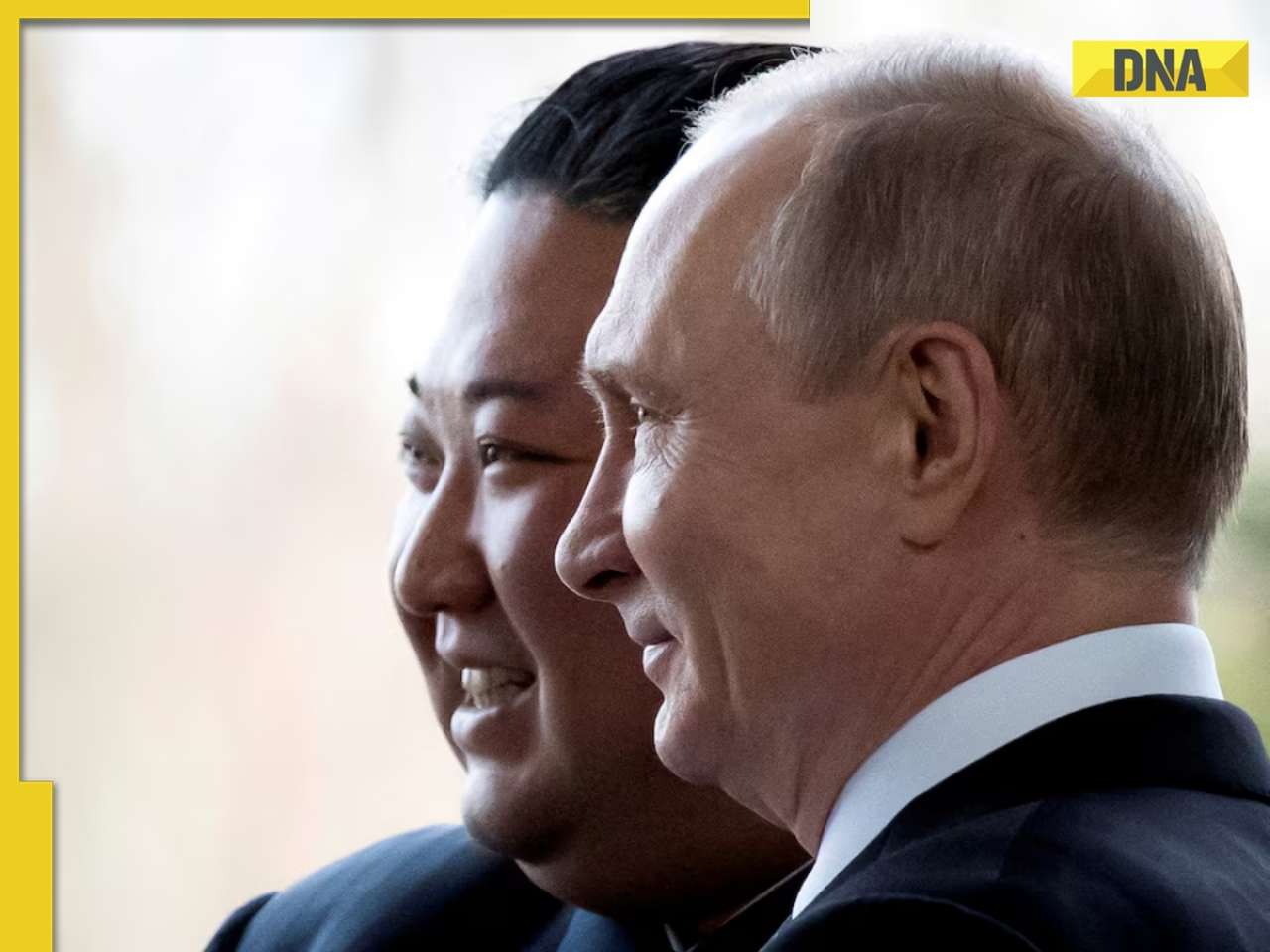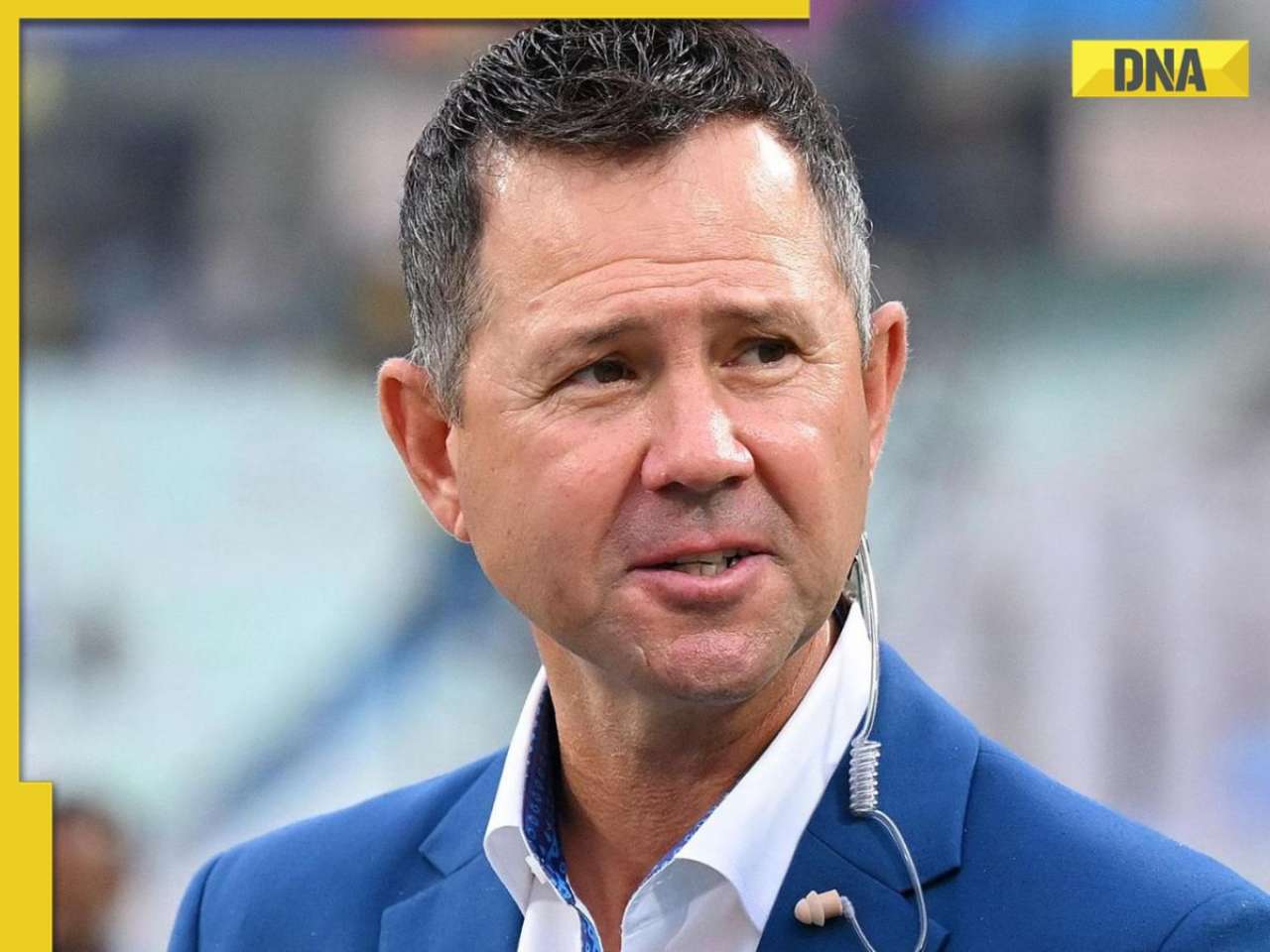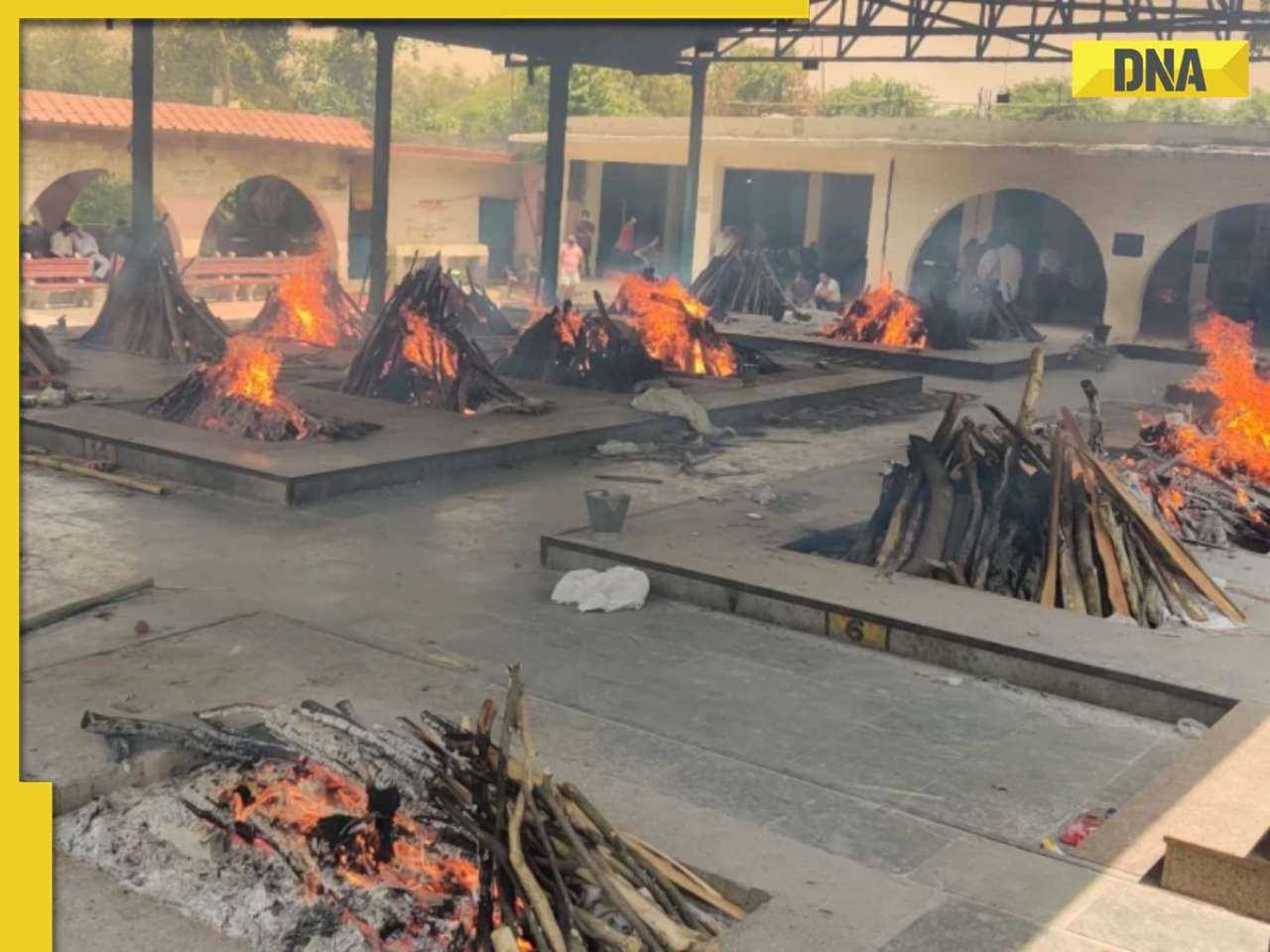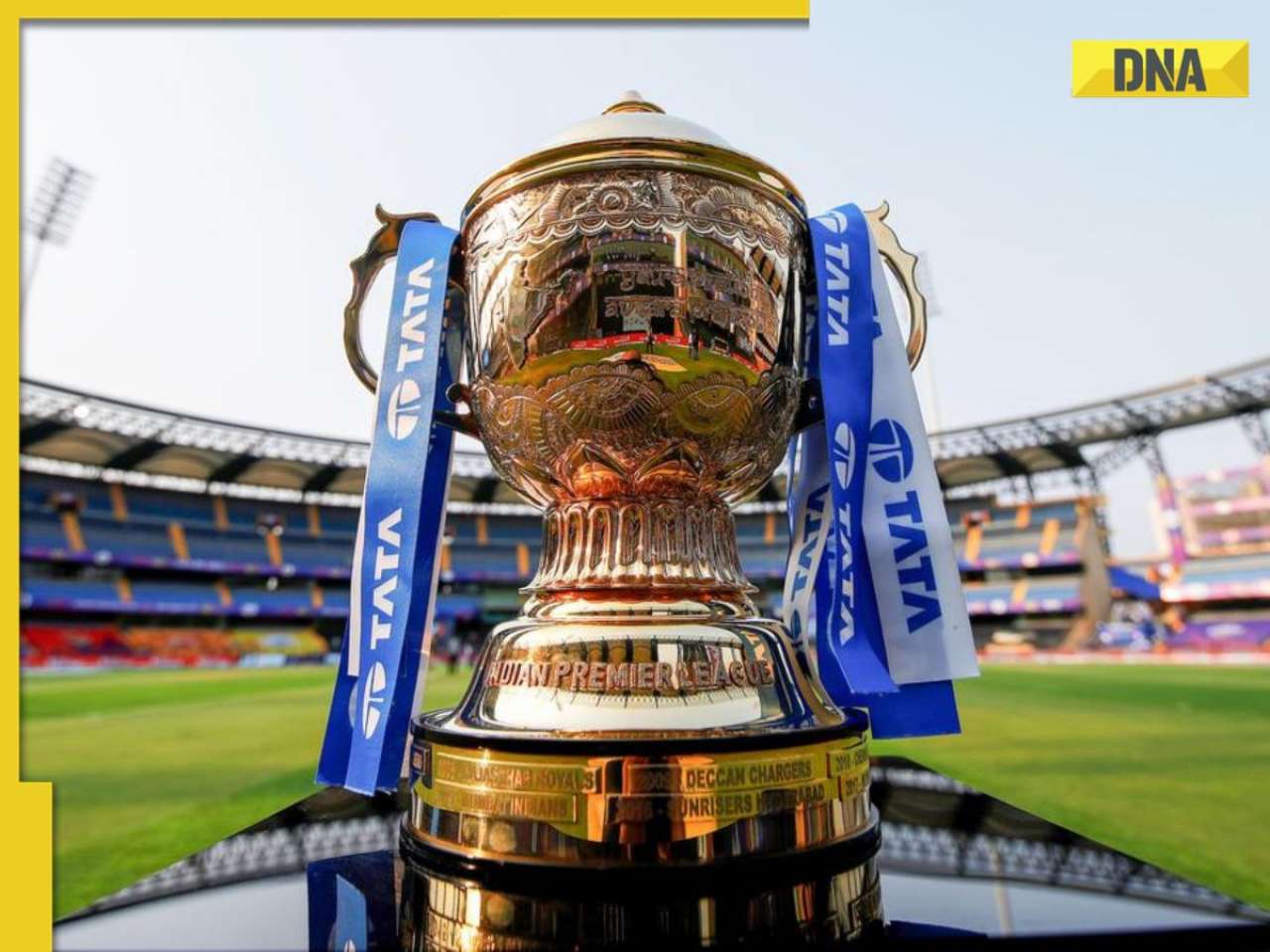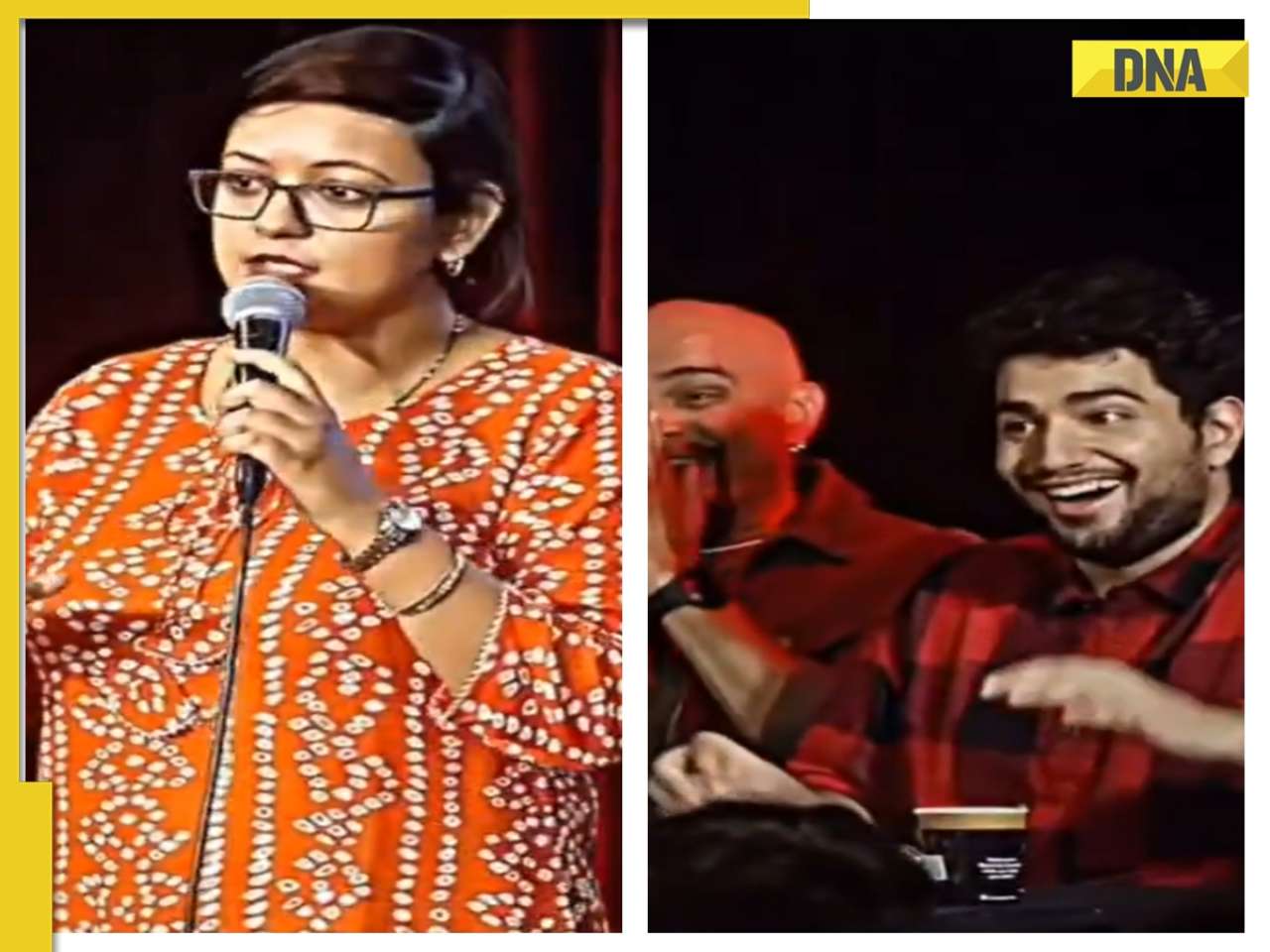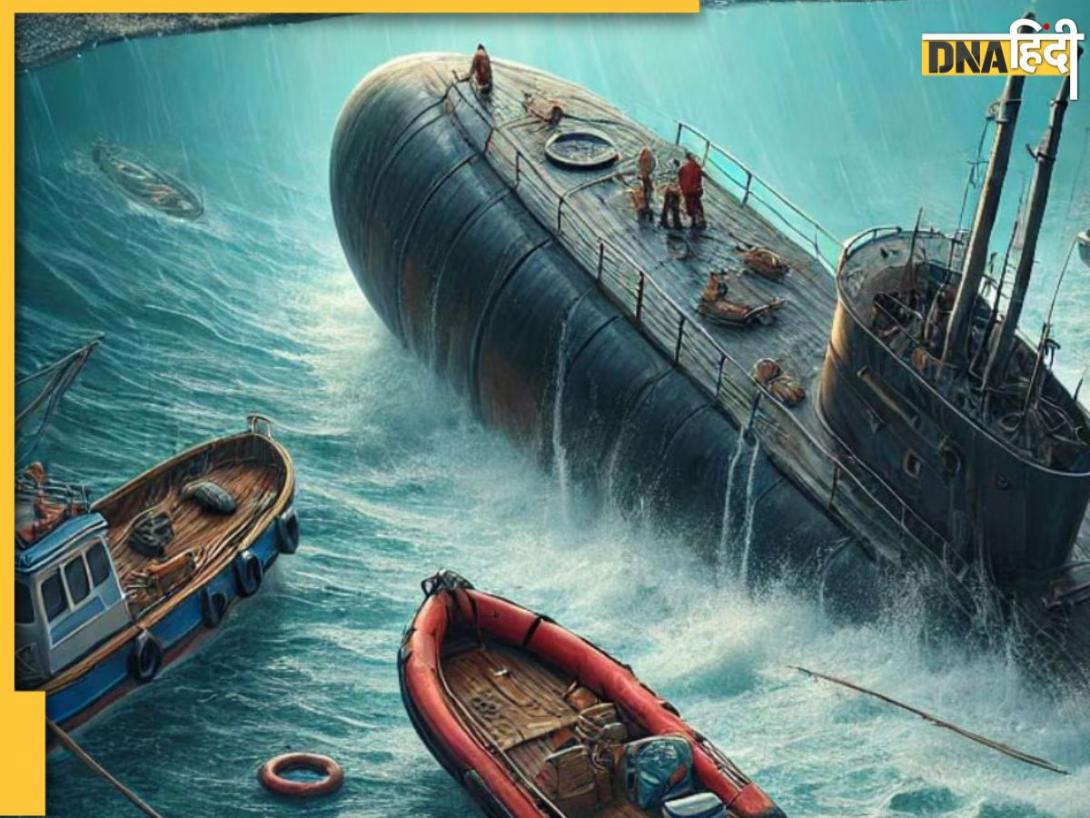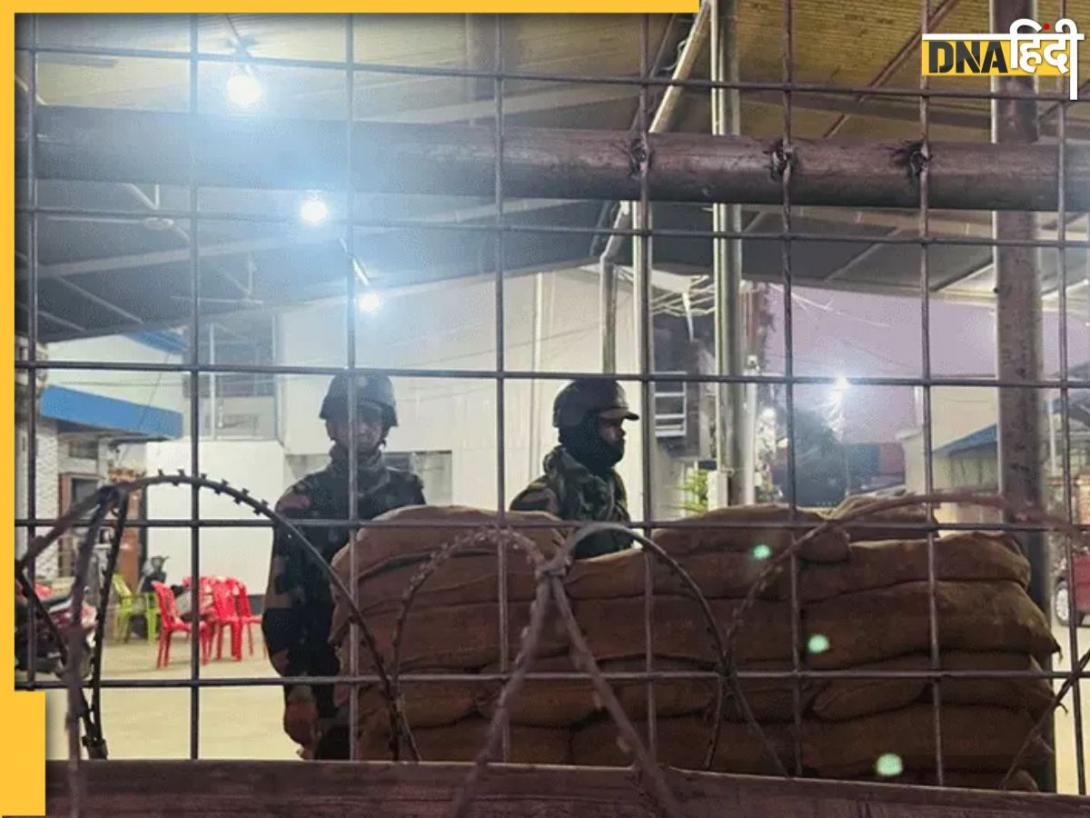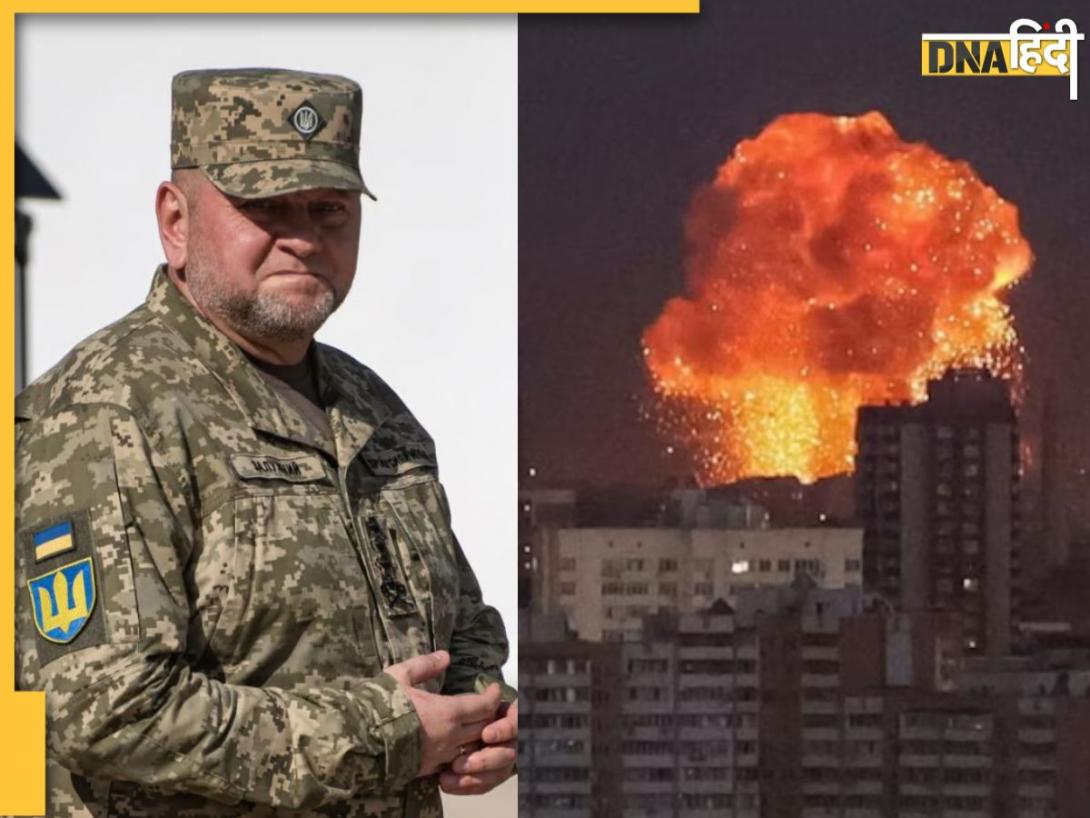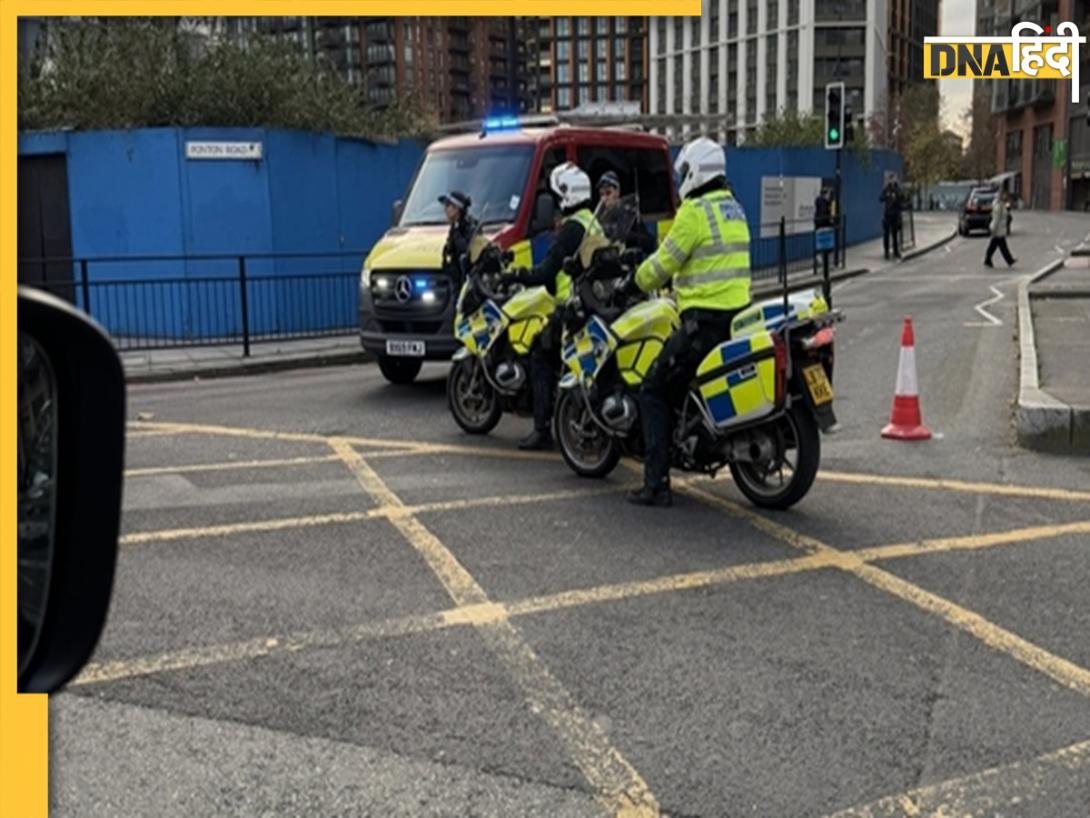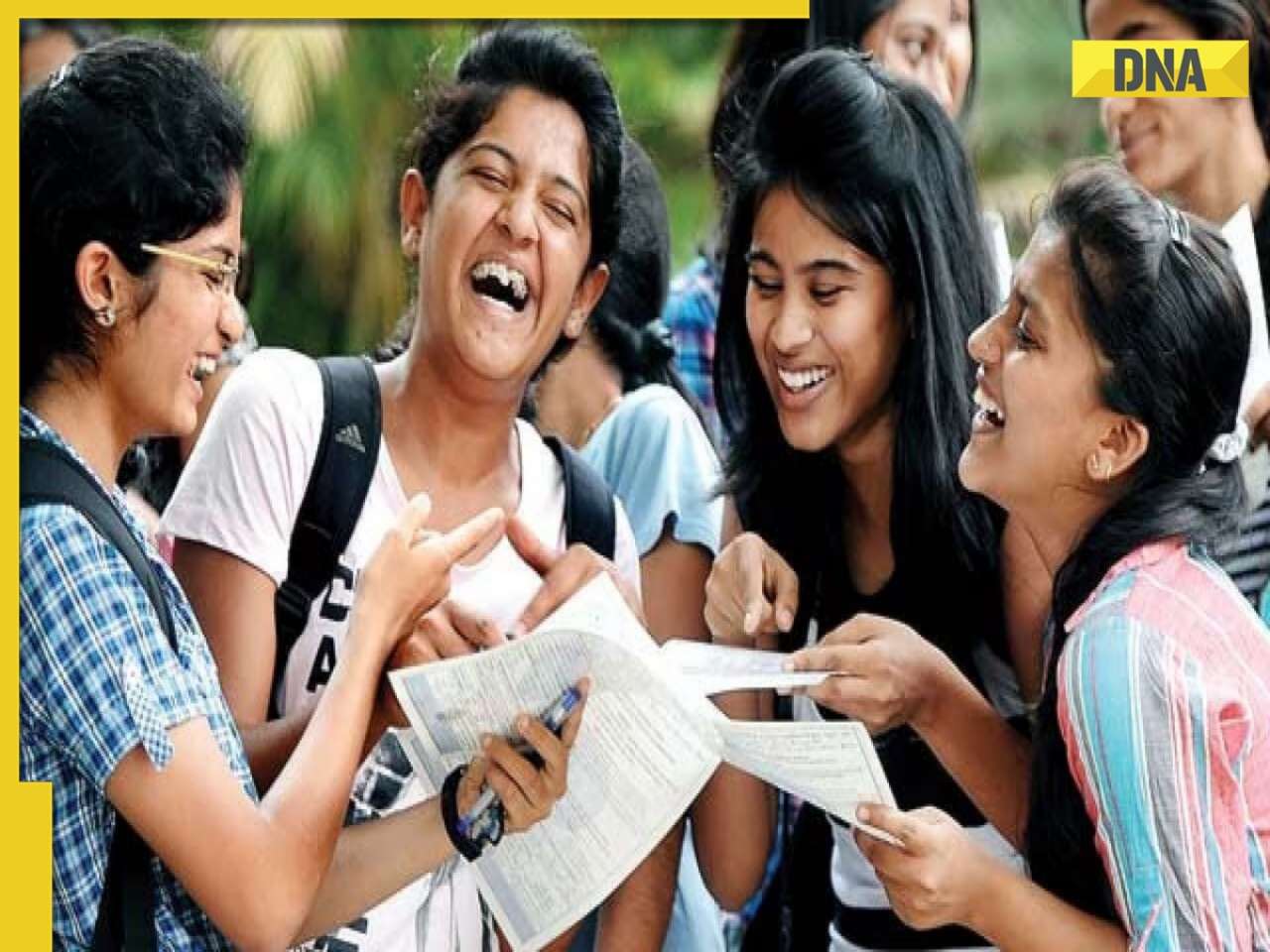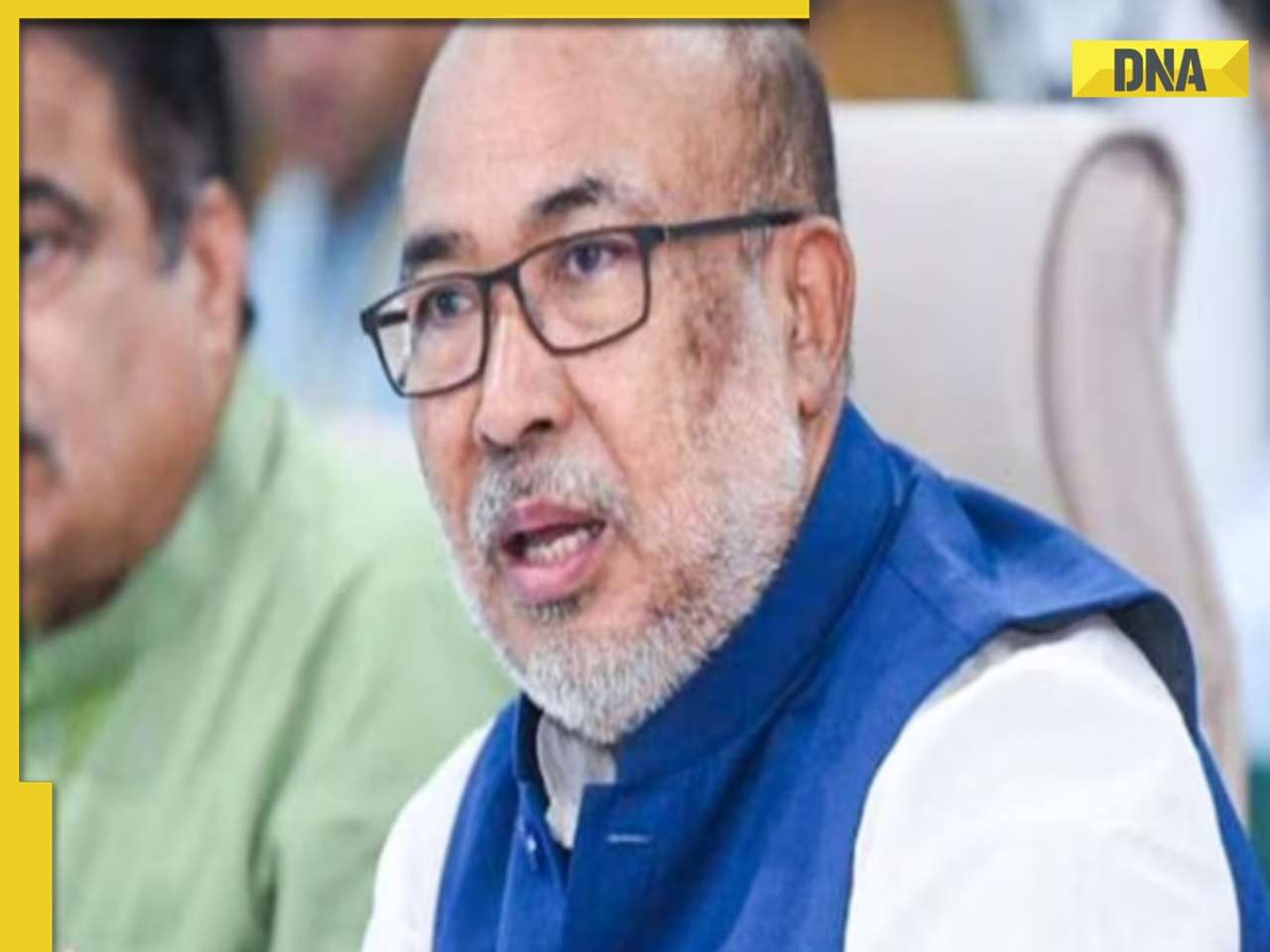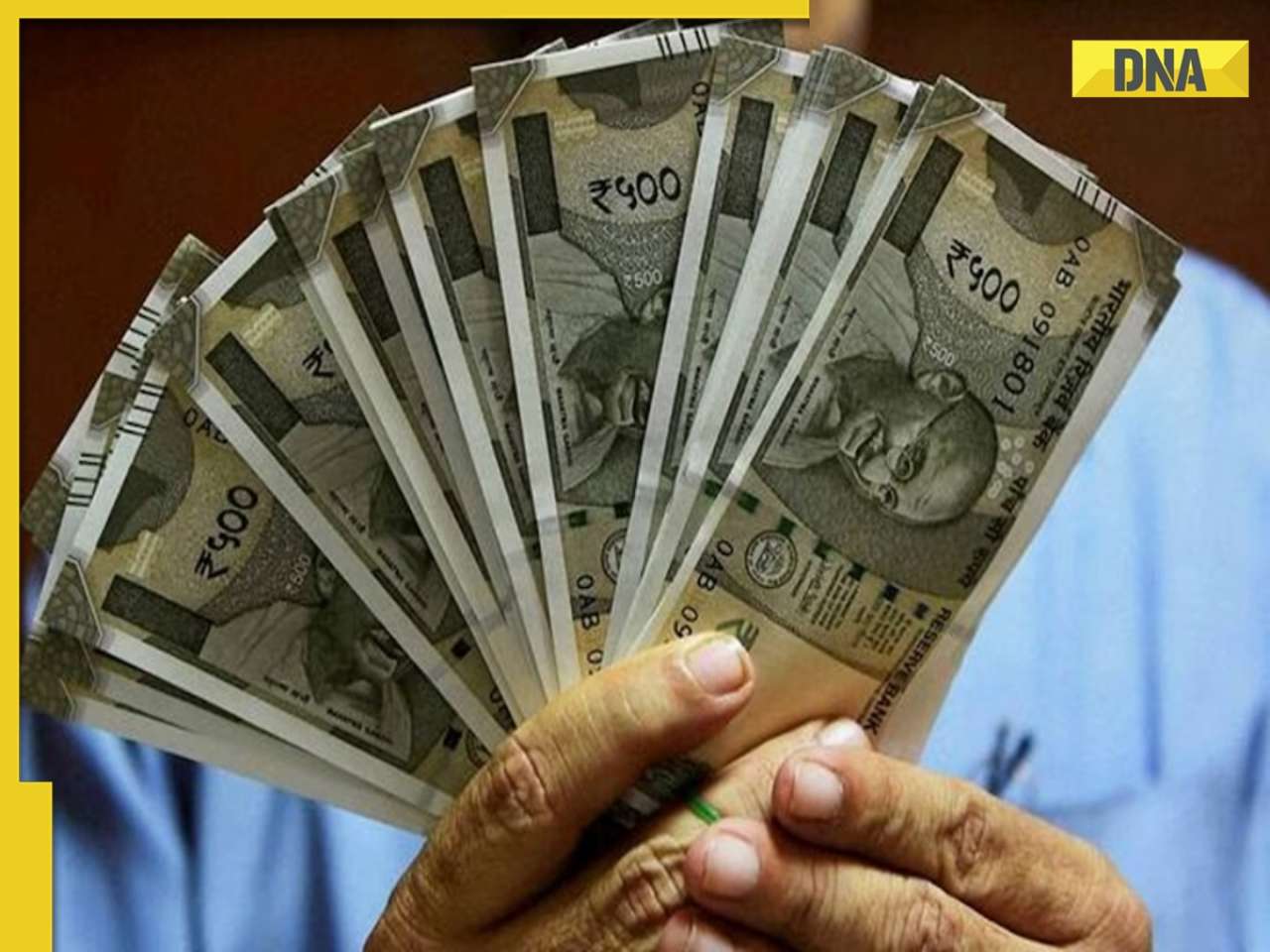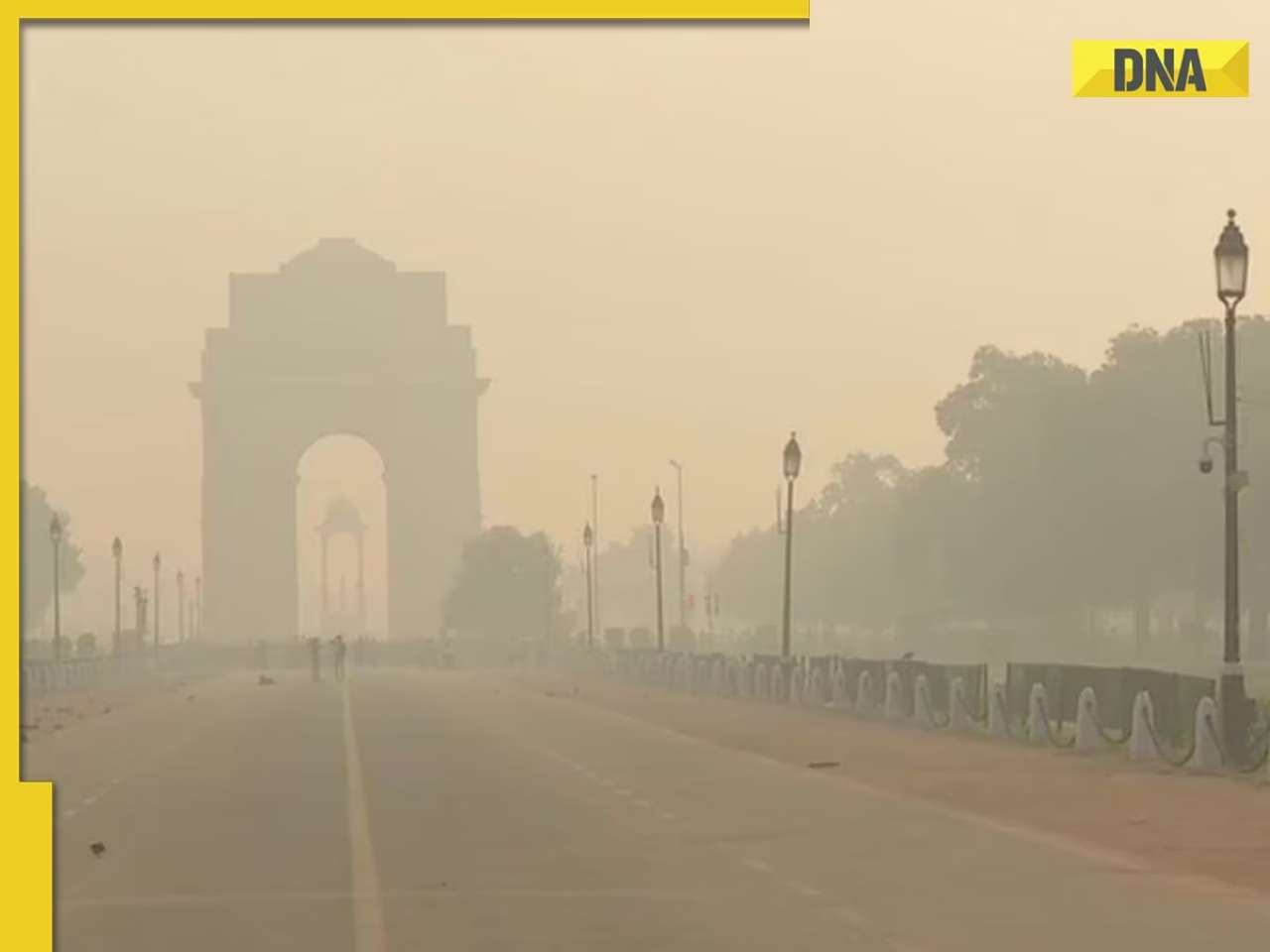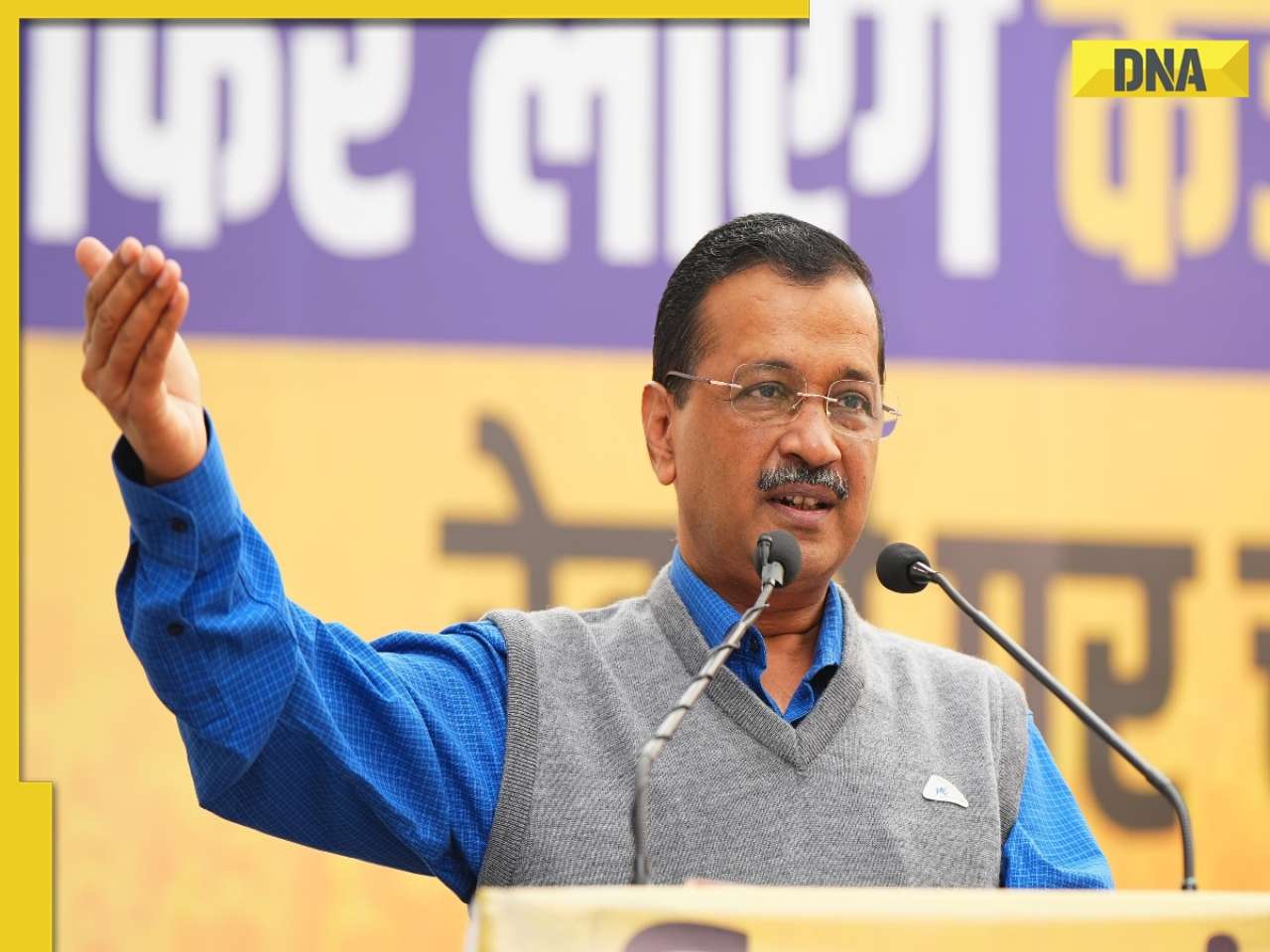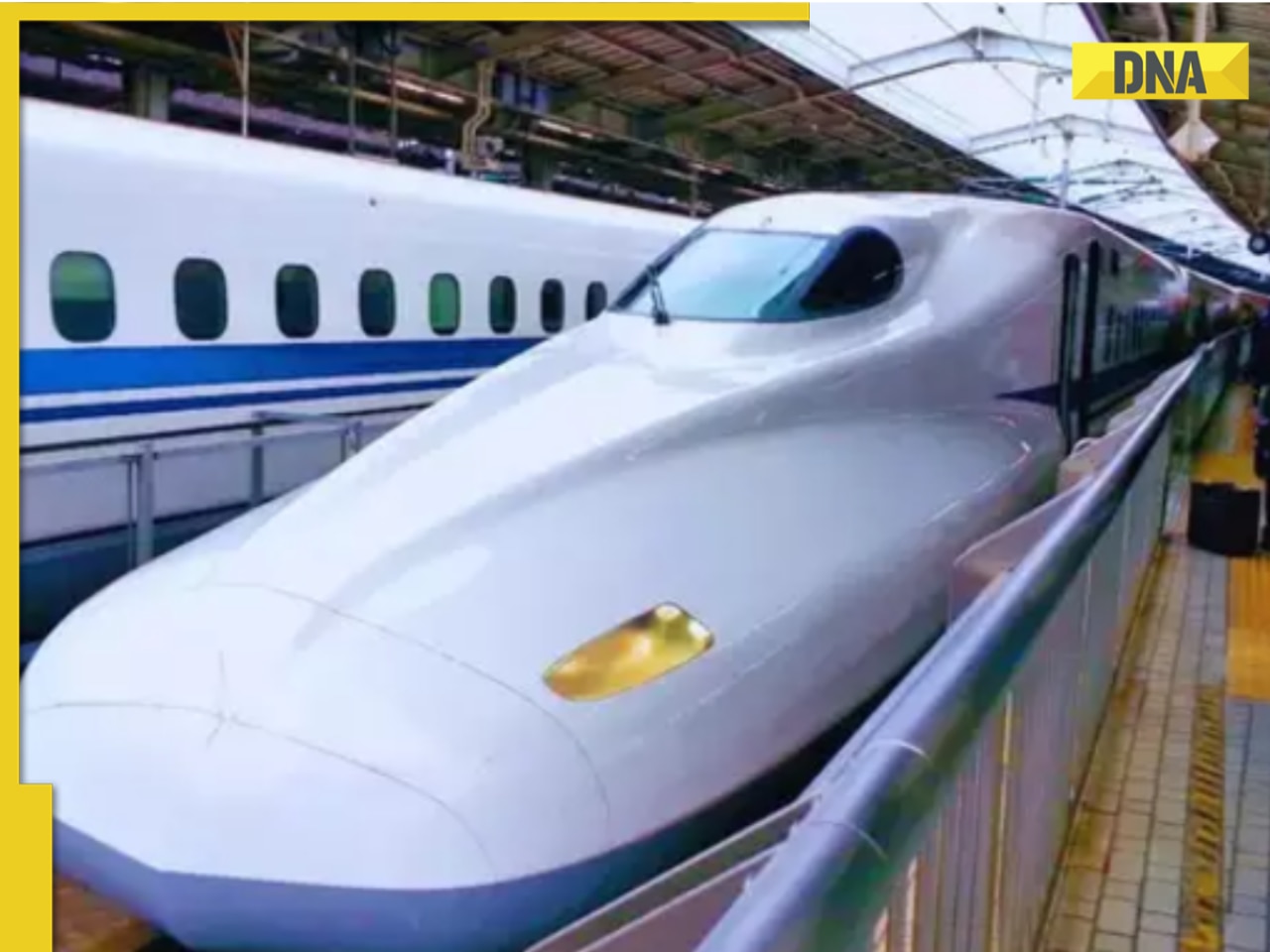- LATEST
- WEBSTORY
- TRENDING
INDIA
Notes from the Chennai Floods: Better off than most
"We were trapped in the middle of a Biblical experience, and with boats being used for rescue, the Ark was not far behind."
TRENDING NOW
This was a harrowing week, but we are better off than most. “Better off than most” has been my refrain all week. We do not live on the ground floor. Years of living in Bombay taught us always to be prepared. Years of living have taught us how to shrink our needs and conserve everything from the inverter and cell batteries to food and water. Years in this flat have taught us where to place towels and buckets to absorb the leakage and seepage which happen with a few hours of rain. But it was still harrowing as we lost power, the inverter gave out, the landline died and took with it the Internet connection, leaving our cell phone (charged but with no signal) as the solitary, tenuous connection with the world. Losing contact with the world was the worst part of the week for us. With the road not being visible from our windows, no access to news and a sky that had closed in on us, we had no sense of whether the situation was improving or worsening. Would this ever end? On the third evening without power, we lit more candles than ever and yet, neither the room nor our spirits quite lit up. We did not look outside, trying to see where power was restored. It was as if we had entered a zone from which there was no return.
And yet, we’re better off than most.
***
In my family, as in many others, the Chennai contingent is largely made up of senior citizens living alone. Most do not use the cell phones their children have bought them and most do not own and maintain vehicles of their own.
Their daily needs include access to day-night pharmacies with delivery and the ability to go see a doctor for this or that. With no power, there were no lifts available, and we just hoped the time would pass without incident. Even if we could get them downstairs, there was no transport available outside and the ground floor was inundated.
Scattered families, with even branches at one remove, now quite out of touch mean that most of us have no one to call in an emergency. Even if we could get through.
Hired caregivers usually commute long distances. What if they cannot travel to work? What if? What if?
As we sat out the rain, it reinforced my concerns about caregiving and support systems for the elderly. This, of course, applies to all categories of people requiring care.
The deaths at a major hospital due to power failure were reported, but on Twitter and Facebook, you also heard about other near-misses. Generator sets that volunteers repaired. Back-up that was made available. Gas cylinders that were procured and delivered to old age homes. What happens in a seniors-only household where people are not net-savvy enough to read Google Docs with volunteer lists?
Stranded without power, without water, without a working phone, running out of medicine and without access to the outside world, middle-class seniors have little recourse to help unless someone from the outside worlds points attention to them.
We need to build these support systems in less critical times so that the need is never this acute. The best 24/7 efforts of millions of volunteers cannot be a replacement.
But, it is true, we are all better off than most.
***
In a conflict zone study in Baluchistan, women pointed to the non-availability of information as one of the greatest sources of stress in their situation. People leave home but until you see them walk in through the door, you do not know whether they are safe, caught in cross-fire, “forcefully disappeared” or killed in a bomb attack. The rain pouring outside was not quite a war-zone—although most have suffered its privations as if it were—it is true that the greatest stress came from not knowing what was going on and not being able to ask anyone. It does not matter that no one has answers in these situations. Asking is a form of stress relief, and it is the human interaction that follows that offers that little amelioration.
My mother remarked that roving jeeps making public service or weather update announcements on megaphones would have been a relief. I agree. Some information, any information, would have been welcome.Without the hum of electricity indoors, the silence was deafening, amplifying the noise made by the rain.
No phones meant too that no one could check on you, and there is nothing that makes a situation bleaker than thinking no one wants to know how you are.
Moreover, volunteers are writing that it is hard for them to communicate and coordinate as signals and Internet connections drop. That is tragic— there are people out there with the will and the means to help but their efforts are blunted by technology, which is something that can be fixed.
We learn slowly and from the disasters of the last decade, the one thing we have learnt is to provide sanitary napkins. Perhaps it is time to add information technology to our list of essentials? In this age, not knowing and not communicating are the greatest hardship. Can mobile service providers find a way to “weather-proof” their service (I ask as a non-technical person)? Can we have back-up “primitive” systems of public outreach?
***
We were and are better off than most. We knew that when the rain started. We remembered that as we kept vigil. We remembered that with greater gratitude when power and landline were both restored after three days.
The first thing we did was to switch on the TV and watch the news. If we hadn’t remembered all along, we would have known then.
My first (so far, only) foray takes me to the grocery store. Young people, in their late teens and twenties, have shown up to work, looking tired and spent. I ask one girl who has been working there for several years. She describes the water in her hut, which is now probably history. Her relatives who live in a flat came and took her family which includes a child to another family residence. In that moment, she relives the terror she felt for her child. I tell her, empty words, that it is going to be better soon. She says, “They are feeding us.” Those words break my heart.
They hold her understanding that this act of shelter is a strain for her relatives. This is an extraordinary kindness that she experiences as a huge obligation. She would like to go home where she does not have to be beholden. She must be hungry too, stocking shelf after shelf of food she cannot buy.
I ask the young boy who is packing my purchases. Has he eaten anything? Has the cashier? They don’t look like they have; I write this and think, they probably usually don’t before coming to work. With grace, they reassure me, they will be fed. Fed what? They are less sure. I leave a few packets of biscuits for them, feeling miserly and stupid. And overwhelmed.
It is the same story, wherever I go. Hungry, tired faces, trying to do the best they can. Something a few biscuits will not change.
***
As we emerge from the watery vigil and the debilitating isolation, I see on social media post after post, calling for and coordinating help to those worst affected. The coordination is impressive and the commitment even more so. That story is still underway. As the call for volunteers and supplies is renewed every hour, there are those familiar questions about reconstruction.
Volunteers cannot do this work indefinitely. Their own livelihood and life demands will reclaim them once the edge of the crisis passes. Who will then work to pick up the pieces? The very people whose lives have been shattered.The people who have worked all week.And, inescapably, the government.
The conference in Stockholm, organised by the Forum for Asian Studies at Stockholm University and the University at Albany, State University of New York, was on political participation in Asia. One of the ideas most discussed was “post-democracy.” A post-democratic polity is one in which citizens are indifferent to the state and have low expectations of it. Instead, it is left to a corporatised civil society and business to take responsibility for both physical and social infrastructure. At first glance, this is an interesting idea. Many of those coming out in hundreds to help in Chennai certainly belong to a post-democratic India. They are helping night and day partly because they want to and partly because they believe the state incapable of and unable to handle relief on its own. Scepticism about the government or the political class’ will to help is common, and the fact that the stories about stickers on relief packages seemed plausible long before it was confirmed, is an illustration. But only a small part of India can afford to be post-democratic— those of us that are better off than most.
For the rest, the government and its networks are going to be critical for recovery.
Water has inundated the office of the small taxi company we have used for almost two decades. The company has grown before our eyes but not to the point of cushioning such losses as they might have incurred in the last month. Replacing office furniture and computers, getting phone lines restored, paying advances to old-timers, getting vehicles repaired and turning away business in the interim will all cost the businesses money. As employers, what affects small businesses like this one can have an impact on communities all over the state as families are affected, their incomes drop and access and life-chances change. Will we be loyal to the small businesses that make up our community? Or, when they turn us away in the next few weeks, will we switch to using the bigger companies in the same line? Beyond our loyal custom, though, the businesses will need loans to recover. It is more likely that public sector banks and other government schemes will help them than that private financial institutions will.
This is also true for people who have lost their homes. While they are in shelters, volunteers can rescue them and take them food, blankets and doctors. When they go home and find their homes literally or virtually destroyed, can individual volunteers or groups of volunteers really help them repair and rebuild even in the most basic ways? It is unlikely, even unrealistic. This is where the government can come in. Useful populism would consist, for instance, in offering people a stove, tube lights (also, restored connections!), school book replacements, a month’s supply of essential foods and medicines. Let us hope it does not take the form of colour television sets! Expediting the replacement of essential documents like ration cards, voter IDs and title deeds is also something only government can do. Legal NGOs can help with the documentation but the processing is up to government offices.
Post-democracy is an attractively packaged idea but did not, does not seem to work for most of the people I know. Only for those better off than most.
***
When I see the dedication of volunteers—those acting with a large group and those on their own initiative, helping out those they can reach—I ask my usual question, in the words of that old song, “Will you still love me tomorrow?” We will have different kinds of work to do tomorrow.
Tomorrow, we will need to take all the analyses of why this happened and transform that into policy or a code of business ethics or something. Tomorrow, we will need to help people rebuild their lives and businesses. Tomorrow, we will need to think of a better system of care and social support for the elderly, the sick, the differently abled and those living alone for any reason. Tomorrow, we will need to reflect on what worked and did not work in the way we organised relief— because, unfortunately, there will be another disaster somewhere, and we will need to have learnt. Tomorrow, we will need to think about better systems of communication that survive climate vagaries. Tomorrow, actually today, we will need to think about climate change and our everyday choices. Which of these things will we sign up for?
Tomorrow, however, as someone said, is another day.
***
I can think, I can write and someone may even publish these words. I am better off than most because I can do that. I hold on to those words: “Better off than most.” But let this be over now.
SwarnaRajagopalan is a political scientist by training. She is currently based in Chennai.

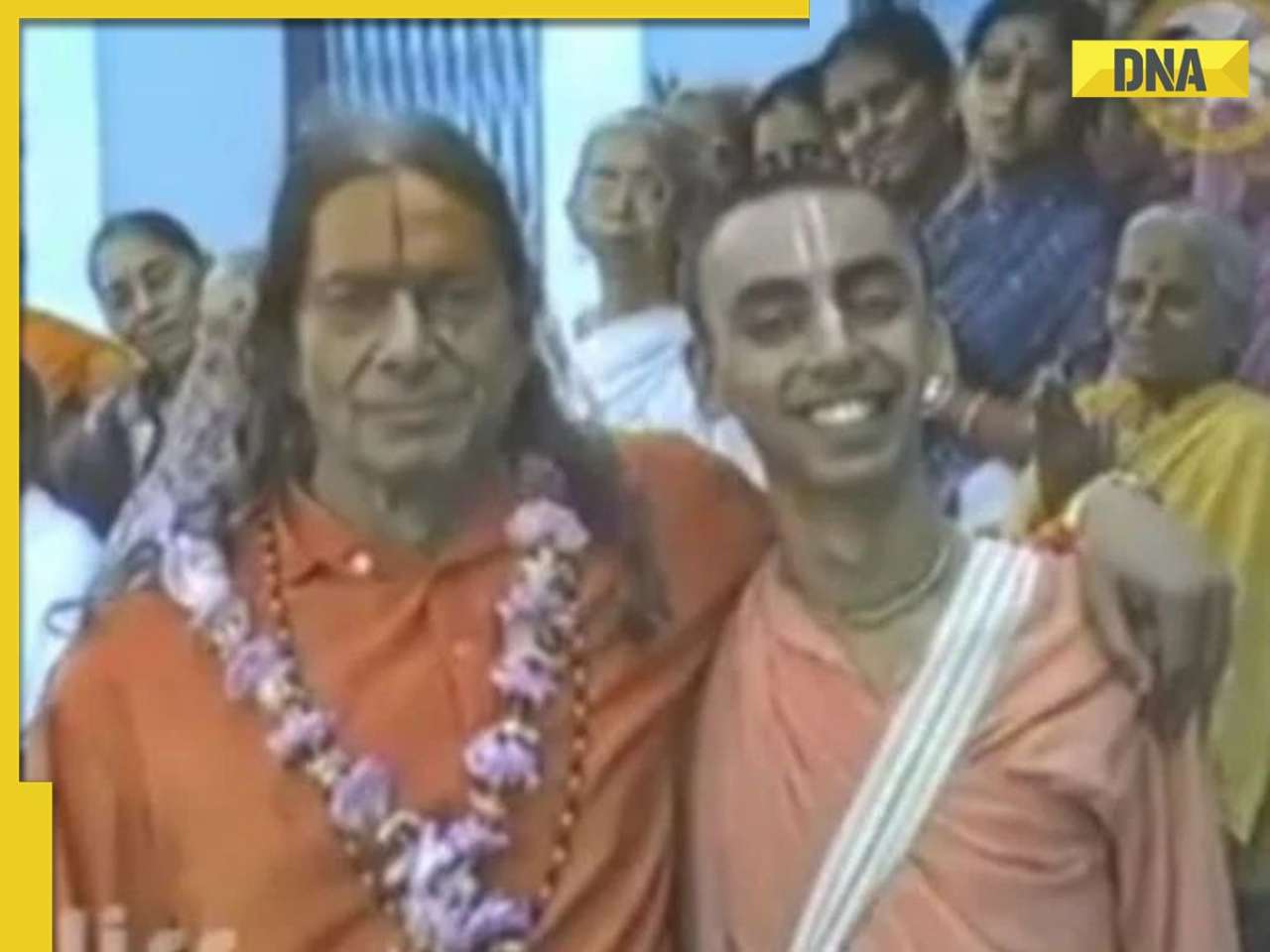





)
)
)
)
)
)
)
)
)
)
)
)
)
)
)
)





